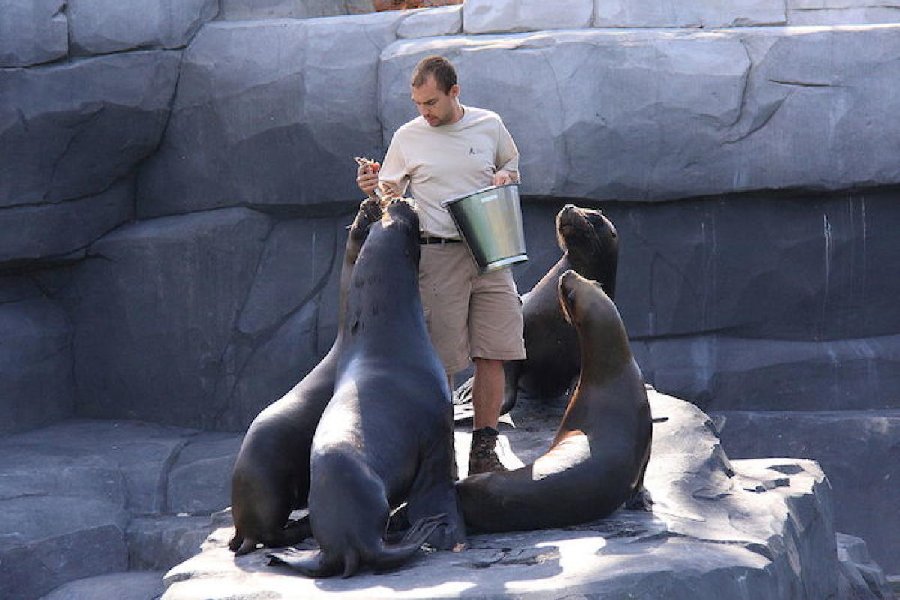Book: ECOLOGICAL ENTANGLEMENTS: AFFECT, EMBODIMENT AND ETHICS OF CARE
Edited by: Ambika Aiyadurai, Arka Chattopadhyay and Nishaant Choksi
Published by: Orient BlackSwan
Price: ₹ 940
This is a volume of 15 essays organised into three sections. In its physical form, the book looks attractive and unintimidating. The cover is likely to attract the average reader but the volume is overwhelmingly academic and meant for a specialised audience. Gone are the days when the cover and the overall presentation of a book would convey whether it was meant to be a popular read or targeted at a specialised audience. Of course, there are books on serious issues that feel and read like popular literature and reach large audiences. This edited volume is not one of those.
Given that we are possibly witnessing the sixth mass extinction on the planet, the volume raises the very important issue of the need to comprehend the ecological crises through a new theoretical and methodological approach. Such an approach may make it possible to address the multiple crises. The question this book raises opens up the possibility of nurture and care for non-human species without which there is no way out of the ecological crises.
The book calls for new ways of apprehending the ecological crisis by formulating a framework that integrates the social, material, and cultural dimensions of ecology. The editors are of the view that the dominant worldview, where nature is just a resource to be exploited for human utility, is at the root of the crises. The volume presents a provocative approach towards multispecies cohabitation.
The essays in the volume reflect ideas from different disciplines and discuss the questions of affect, body, embodiment, care, language, and interspecies relations. It reflects the collective brilliance of the contributors but in a language that is out of reach for an ordinary reader. If the proposed approach is to be discussed outside the academic world, then it has to be written differently.
The book is organised into three sections: “Decentering Humans and Problematising Care”, “Ecological Affordances and Affective Expression”, and “Embodied Spaces and Ecological Entanglements”. The first section advocates a paradigm shift in the way the modern world perceives nature, moving away from a human-centric view to an integrated worldview where the lives of humans and non-humans overlap — “becoming with” others who share the planet. The second section is unintelligible to those who have not studied language and literature or linguistics. The third section will possibly make sense only to anthropologists. It speaks of embodied space, the location where human experience and consciousness take on material and spatial forms, and an ecological understanding of space in its relationality with human and non-human bodies that co-constitutes ecological space.
As the book progresses, for a lay reader like myself, it becomes less and less comprehensible











